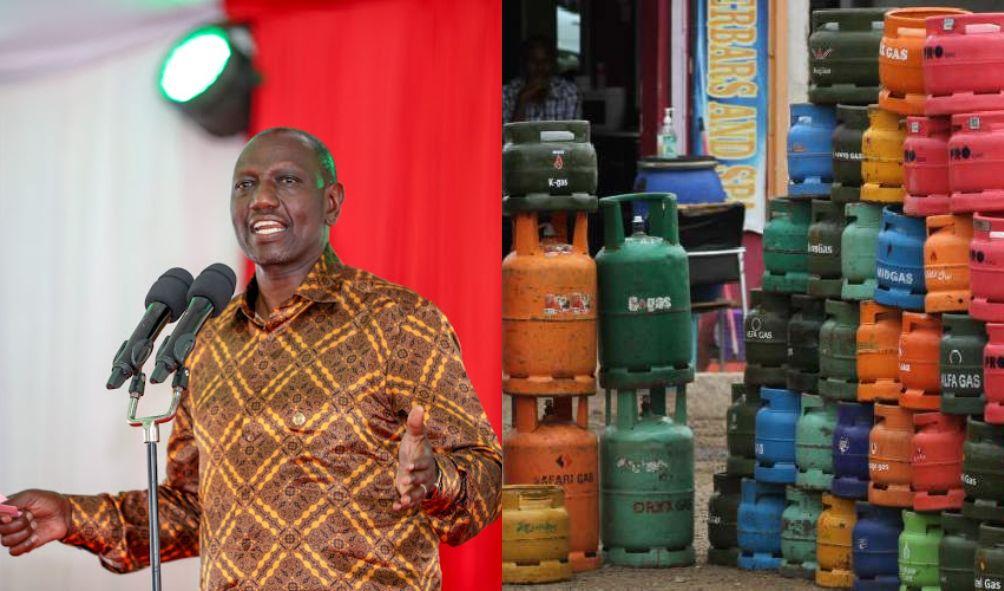Cooking Gas Prices Skyrocket Despite Government Assurances
Kenyans will have to pay more to refill their Liquefied Petroleum Gas (LPG) cylinders following an increase in prices in the past weeks.
According to the latest data by the Kenya National Bureau of Statistics (KNBS), the prices hit a high of Ksh3,231, on average, for a 13-kilogram cylinder in March 2024 compared to an average price of Ksh3,187 in February 2024 and Ksh2,600 in January 2024.
In contrast, the commodity retailed at Ksh3,137 for a 13 kg cylinder in March 2023, translating to a 3 percent year-on-year spike.
ALSO READ:
- Kenya Owes Chebukati a Hero’s Farewell for ‘Saving’ Democracy – MP Declares
- HELLFIRE HORROR: Worshippers in Bomet Torch Granny Alive in ‘Satanic Purge’ Ritual(Video)
- Haitian Police Caught in Explosive Feud with Kenyan Peacekeepers? Officials Scramble to Deny Rift
- Raila Odinga’s 2027 Options After Shocking AUC Defeat
- Congo Frees Opposition Leader and Former President’s Ally Jean-Marc Kabund
According to past KNBS data, the last time the prices came close to the margin was in June 2022 when the cost of a 13 kg gas retailed at Ksh3,218.
Since 2007, the prices have been on average at Ksh2,500, with some going as low as Ksh1,600 (January 2007) while others hiking to levels above the Ksh3,000 cost.
The price hikes come amid the government’s efforts to lower the cost including scrapping the 8 per cent Value Added Tax (VAT) on the product.
This was effected by the Finance Act 2023 as part of President William Ruto’s plan to increase usage in line with Kenya’s policy to transition to clean energy by 2030.
Spot check
A spot check by Gossipa2z.com in various areas in Nairobi showed different price margins from the data released by the KNBS.
At the end of March 2024, households along Thika Road paid an average of Ksh2,900 for a 13 Kg LPG cylinder while they paid Ksh1,200 for a 6kg cylinder.
Those around Waiyaki Way paid Ksh2,600 for a 13 kg cylinder and Ksh1,200 for a 6kg cylinder.
In Ruaka, residents will pay Ksh2,600 for a 13 kg cylinder and Ksh1,250 for a 6kg LPG.
The surge in prices has seen consumers question the effectiveness of VAT exemptions in cushioning them from the high cost of living.
Currently, LPG is subject to other tax measures including an excise duty at 35 percent, an import declaration fee of 2.5 percent, and a Railway Development Levy at a rate of 1.5 percent.
The commodity also attracts import duty at a rate of 25 percent of the total cost.
Cooking Gas Prices Skyrocket Despite Government Assurances
